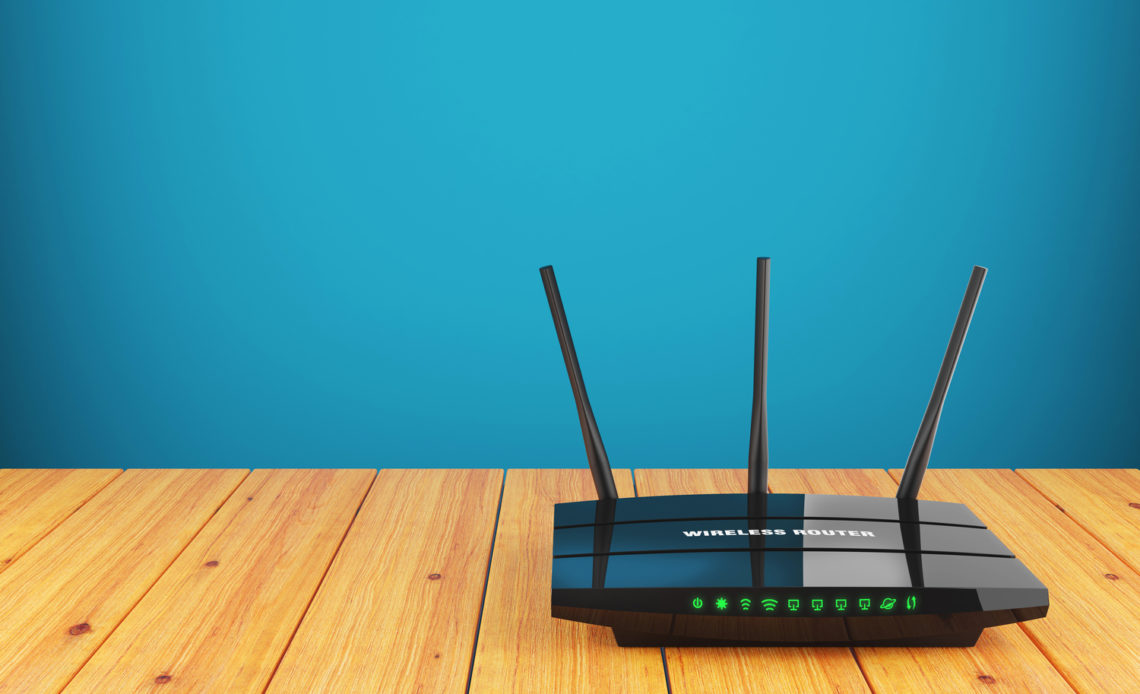
A good internet connection at home is no longer a luxury, it’s almost a basic necessity. So much of what we do at home from our entertainment to ecommerce largely depends on having a solid internet connection. Having a good internet connection is also essential if you are ever in a situation where you have to work from home. If you aren’t entirely sure what to look for in an internet service provider, use this guide as a handy tool to help you choose one that is perfect for what you need.
When shopping for a home internet connection, you will encounter two terms frequently. These are Broadband (which is anything faster than a dial-up internet) and MBPS, a code for determining internet speeds). 2 mbps is good if you just want a basic speed for surfing the internet or checking your email. To get access to good streaming services like Netflix you will need to look for higher speeds.
Kinds Of Home Internet
How you hook up your home to the internet depends on the neighbourhood you live in. You will have one of three options. DSL, Cable internet and Satellite. A Digital Subscriber Line or DSL connects you to the internet via a telephone line. The pro of this option is affordability. The biggest drawback is that the speed depends on distance so that the farther you are from your service provider, the slower your speed.
Cable internet is delivered via a cable and many people around where you live share this service. This can be a disadvantage during peak hours when everyone is home from work and wants to use the internet. Other than that, the speed is very satisfactory. Satellite internet, which is delivered to your home via a satellite service is usually the slowest from all three options but could be the only option for far flung out of the way homes in small towns.
What To Pay Attention To While Shopping For A Service Provider
Speed: Identify what speed is good enough for you and consider getting a deal with a slightly higher speed than that. You don’t really need too much download speed unless you put up video content on the internet. If you’re opting for cable internet, find out which time of the day the speed fluctuates.
Data caps: Avoid service providers that put a monthly cap on how much data you use, even though such caps are usually quite high. This is especially true for people who use Netflix or do a lot of online gaming.
Any hidden costs: A good service provider will give you a modem or router along with your new connection. Be sure to ask about this so that the provider doesn’t sprint a rental fee for the router when the technician comes to set it up. Ask about any other hidden costs too.
Consider Bundling services: You’ll save a lot by bundling your phone service, cable service, or satellite service together. Service providers are quite happy to reduce your fee if you also purchase a phone and tv connection from them.
